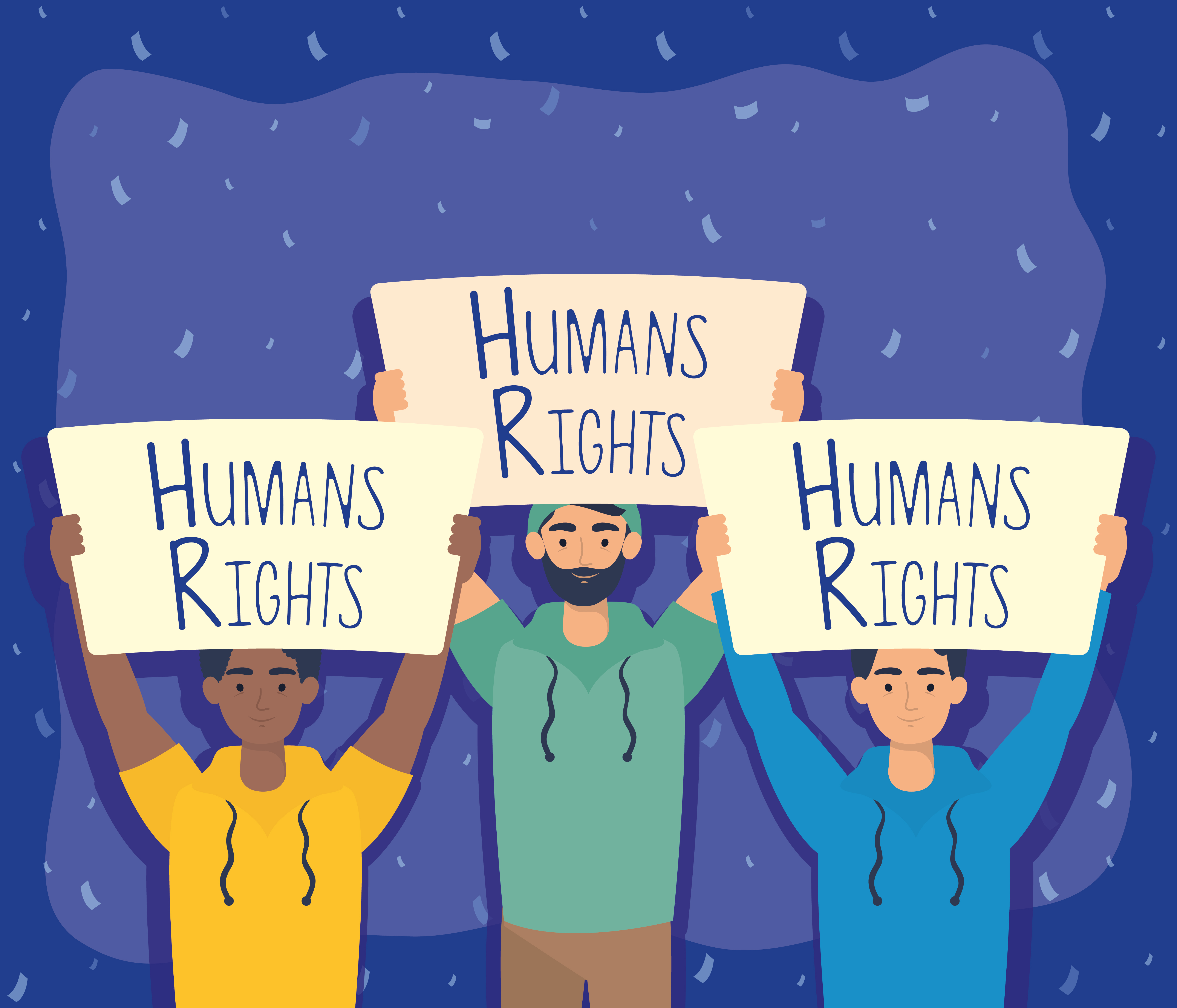When the principal cancelled the volleyball game, she did more than remove an afternoon of play from a group of eager children, she transformed what should have been a moment of joy and collective affirmation into despair and humiliation, converting what should have been an opportunity to connect and excel as a team into a public lesson where my disabled daughter became the source of loss, marked as the one who had disappointed the group for being disabled rather than understood as a child who had made a mistake that could be repaired.
The principal framed her choice as a matter of swiftness, as if the urgency of authority required a visible performance, as if leadership could be measured by how quickly she reasserted her control, as if the preservation of her institutional position mattered more than the fragile bonds of trust and care that should guide the education of children.
The incident
My daughter and her besties had broken into the gym to play at lunch, cavorting around and laughing with the boundless energy of children who feel alive together, until they were caught by two teachers who rounded them up and hemmed them in like cattle, transforming their laughter into a spectacle of wrongdoing. I imagine the whites of my daughter’s eyes showing more than usual, that wide-eyed look she gets when her back is against a wall, a signal of threat and panic heightened by the fact that there was a physical altercation with one of these teachers the week before, embedding an additional layer of danger into the encounter.
They were marched into the principal’s office, gathered with the rest of the volleyball team, and told that because some team members had disobeyed the code of conduct, they may not be able to represent the school at the volleyball game. Maybe, if they wrote apology letters, they could redeem themselves and still play the next day. Children wrote their contrition emphatically, but my daughter, refusing to apologise to the teacher who had the negative interaction with her, refused. The refusal became the justification, the refusal became the proof of her insolence, and the refusal became the reason the game was cancelled for everyone.
After eight years of parenting kids in public school, and thirteen years of parenting, if there is a physical altercation between an adult and a child, it is the adult who is culpable. Making an autistic ADHD child apologise for that interaction is fruitless and only going to intensify the oppositionality. Adults should apologise when they have allowed things to escalate to the point of physical confrontation, but instead the teacher yelled like a soccer player, ‘ow!’
The humiliation
Her peers kept asking her why the game was cancelled, their disappointment circling back onto her, their confusion turning into an unspoken accusation, and she was humiliated. This is the deepest cruelty of collective punishment: it conscripts children into the institution’s logic, making them instruments of discipline, weaponising their disappointment to press guilt into the skin of the child already marked as different, already carrying the burden of vulnerability.
Instead of guiding her back toward relationship and repair, the principal positioned her as the one who had taken something away from everyone else, transforming accountability into shame, behaviour into identity, and error into essence.
The criminalisation
To cancel the game was to criminalise her, to script her as the disruptive one, the saboteur, the cause of loss, embarrassment, and nuisance to the collective. And once a child is placed in that role, she begins to carry it, to wear it, to feel its weight inside her own story of self, until she begins to believe that she is the problem, that she is the one who ruins things, that her place in the group is precarious and dangerous.
Sara Ahmed writes: “Words carry a charge; you can end up being made to feel that you are the problem; that the problem is you.” Complaint as testimony. That is exactly what happened here. A disciplinary act, clothed in the language of swiftness and necessity, created a circuit where the punishment became indistinguishable from her identity.
-
Collective punishment: a focal point of injustice
Collective punishment, the practice of disciplining a whole group for the misdeeds of one or a few, is widely recognised…
The mechanism of harm
This is how collective punishment works: it spreads harm outward, creating fractures in trust and belonging, and then it concentrates blame inward, onto the child already most vulnerable. It tells her that her existence is costly, that her presence requires others to lose out, that she is the source of loss, and that is how shame becomes identity, how behaviour becomes character, how a single decision by a principal becomes a mark that follows a child long after the game has been forgotten by everyone else.
The cruelty lies in how ordinary it seemed to the institution, as if it were simply a swift reaction, a disciplinary choice, a way to maintain control. To my daughter, it was an initiation into the role of the bad child, a role that has its own gravitational pull, its own cycle of self-fulfilling harm. Ahmed reminds us that complaint is both a lament and a crash, “the loud sound of something breaking into pieces.” That cancellation was exactly that: a collision, a breaking apart of belonging, a shattering of trust.
The lingering mark
She deserved guidance and individualised support, but instead she was scapegoated, made to be the example for others of what you should not do. Humiliated and betrayed by the system that should concentrate the most support on the AuDHD child that has fallen out of sync with the system. She was whispered about in hallways.
The conclusion
What happened in that office, when the principal cancelled the game, was not merely the small story of a volleyball match withheld or even the petty exercise of authority in the name of expedience, but the living instantiation of what legal scholars describe when they examine the hidden architecture of collective punishment, a system in which the sanctioning of innocents is not an accident but “in reality…a choice” Of Sinners & Scapegoats: The Economics Of Collective Punishment, a decision to preserve institutional control by transferring cost, shame, and consequence onto those least equipped to bear them.
The cancellation was not, then, a neutral act of discipline; it was an act of scapegoating Of Sinners & Scapegoats: The Economics Of Collective Punishment. To place my disabled daughter in the role of culprit, to tell her classmates that their joy was withdrawn because of her refusal to bend, was to participate in a broader logic that trades the fragile bonds of trust and belonging for the blunt instrument of authority, erasing the child in front of them in order to maintain the appearance of swift control.
The cruelty of that choice lies in its ordinariness, the way it appeared to the institution as simple pragmatism, as efficient leadership, when in truth it was the reproduction of a regime that scholars warn corrodes both justice and community. To her it was not efficient, it was annihilating; it was the moment when she learned that in her school, her existence could be recast as cost, her difference reframed as danger, and her presence in the group converted into a liability. That is the economy of collective punishment: the institution secures itself by making the vulnerable child pay the price of belonging, and in doing so, teaches her that the problem is her.
-
What can you do to help end collective punishment in BC schools?
This FAQ outlines concrete actions families, educators, and allies can take to expose the harm of collective punishment in BC…









